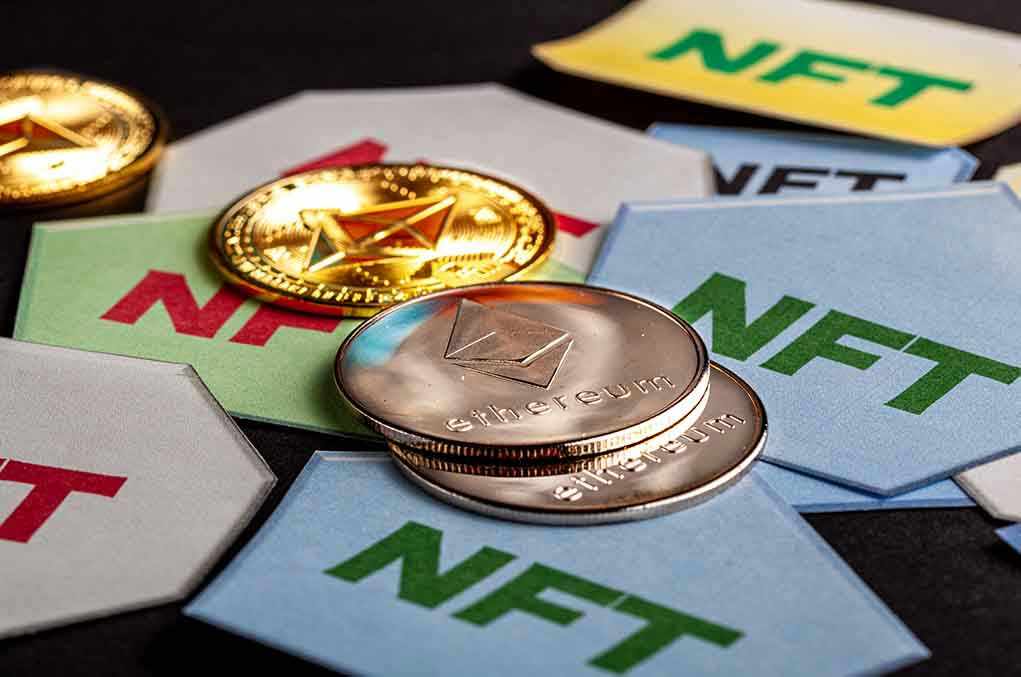
Major crypto platforms are brazenly exploiting a legal loophole to circumvent federal law, continuing to offer lucrative stablecoin rewards while actual issuers face strict prohibitions under the new GENIUS Act.
Story Highlights
- Coinbase and PayPal defy GENIUS Act intent by offering 4.1% and 3.7% APY rewards respectively
- Companies claim “non-issuer” status exempts them from federal stablecoin yield ban
- Legal gray area creates unfair competitive advantage over compliant stablecoin issuers
- Regulatory loophole undermines congressional intent to protect consumers from risky yield schemes
Corporate Giants Dodge Federal Restrictions
Coinbase and PayPal continue offering substantial stablecoin rewards to U.S. customers despite the GENIUS Act’s explicit ban on such practices. The July 18, 2025 federal law prohibits stablecoin issuers from offering interest or yield, yet both companies maintain their lucrative programs. Coinbase provides 4.1% APY on USDC while PayPal offers 3.7% on PYUSD, drawing users with returns that actual issuers like Circle and Paxos cannot legally match.
Platform vs Issuer Distinction Creates Regulatory Arbitrage
Both companies exploit a critical distinction in the GENIUS Act’s language, arguing their non-issuer status exempts them from federal restrictions. Coinbase CEO Brian Armstrong defended the practice, stating “We are not the issuer… We don’t pay interest or yield, we pay rewards.” PayPal similarly maintains its program represents platform-based incentives rather than prohibited interest payments. This semantic maneuvering allows them to offer competitive yields while actual stablecoin creators face strict compliance requirements.
Congressional Intent Undermined by Legal Loophole
The GENIUS Act aimed to eliminate risky yield-bearing stablecoin products that blur the line between payment tools and unregulated investment vehicles. Lawmakers specifically targeted such schemes after previous crypto platforms like BlockFi and Celsius collapsed, devastating retail investors. However, the law’s focus on issuers rather than distributors created an unintended regulatory gap that sophisticated platforms now exploit to maintain user growth and revenue streams.
Competitive Imbalance Threatens Market Stability
This loophole creates an unfair competitive landscape where compliant issuers operate under strict federal oversight while platforms freely offer the same prohibited incentives. Circle, the sole USDC issuer since 2023, cannot legally provide yield directly to users, yet Coinbase faces no such restrictions on its platform. This regulatory arbitrage undermines the law’s consumer protection goals while potentially concentrating risk in unregulated platform-based schemes rather than eliminating it entirely.
Sources:
Coinbase and PayPal Navigate GENIUS Act With Reward Loophole on Stablecoins
Coinbase Overcomes the Restrictions Stablecoin With Reward Despite the GENIUS Act
Coinbase PayPal Defend Stablecoin Rewards Despite GENIUS Act Ban
Stablecoin Companies Harness Loopholes in the GENIUS Act to Offer Rewards
Coinbase and PayPal Continue Stablecoin Reward Programs Despite GENIUS Ban




